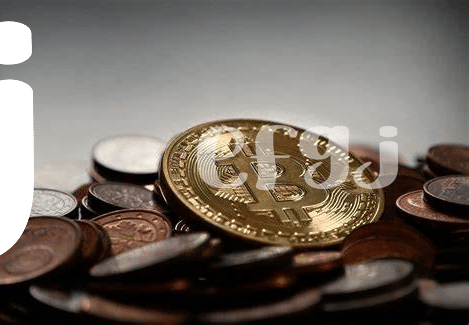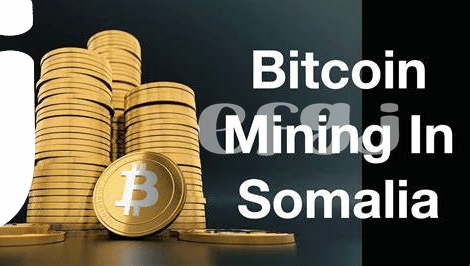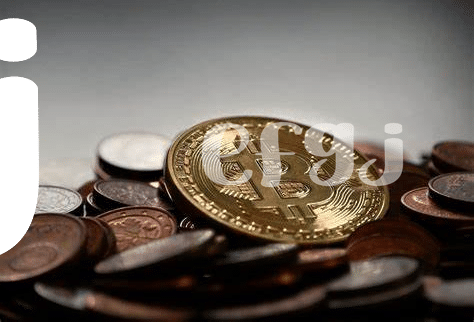Overview of Shari’a Law and Bitcoin 💡

Shari’a Law and Bitcoin intersect at the crossroads of traditional Islamic principles and modern digital currency. The principles of Shari’a Law, derived from the Quran and Hadith, emphasize ethical and moral conduct in business dealings, raising questions about the compatibility of Bitcoin transactions with Islamic finance. As an innovative decentralized currency, Bitcoin operates outside the realm of traditional banking institutions and central authorities, prompting discussions within Islamic communities about its compliance with Shari’a principles. These discussions delve into issues such as riba (usury), gharar (uncertainty), and maysir (gambling), challenging the conventional understanding of financial transactions governed by Islamic law.
The evolving landscape of technological advancements and financial systems necessitates a nuanced exploration of the intersection between Shari’a Law and Bitcoin. Amidst the ongoing dialogue, scholars and experts seek to navigate the complexities of applying ancient Islamic jurisprudence to the modern digital economy. Balancing the potential benefits of Bitcoin, such as financial inclusion and technological innovation, with the need for adherence to Shari’a principles presents a compelling discourse at the intersection of faith and finance. Meeting the challenges of interpretation and implementation requires a multidimensional approach that considers the ethical, legal, and practical implications of incorporating Bitcoin into financial systems governed by Shari’a Law.
Adoption of Bitcoin in Somalia 🌍
In Somalia, the adoption of Bitcoin has been steadily gaining traction among individuals and businesses looking for alternative financial solutions. The decentralized nature of Bitcoin appeals to many in Somalia, where traditional banking systems are often inaccessible or inefficient. Moreover, the potential for lower transaction costs and greater financial inclusion has sparked interest in using Bitcoin for both domestic and international transactions. Despite regulatory uncertainties and challenges, the growing acceptance of Bitcoin in Somalia reflects a changing financial landscape driven by technological innovation and evolving consumer preferences.
As more people in Somalia become familiar with Bitcoin’s potential benefits, its adoption is expected to continue expanding, potentially reshaping the country’s financial ecosystem. The rise of Bitcoin in Somalia exemplifies the global trend towards digital currencies as viable alternatives to traditional banking systems. This shift not only presents new opportunities for financial inclusion and economic growth but also raises important questions about regulatory frameworks and the long-term implications of digital currencies in a rapidly evolving financial landscape.
Challenges and Controversies Surrounding Shari’a Compliance 🤔

Bitcoin transactions in Somalia face a myriad of challenges and controversies when it comes to Shari’a compliance. One of the main issues is the perceived conflict between the principles of Islamic finance and the decentralized nature of cryptocurrencies like Bitcoin. Traditional interpretations of Shari’a law may view the speculative nature of Bitcoin trading as gambling, which is prohibited in Islam. Moreover, the anonymity and lack of central authority in Bitcoin transactions raise concerns about potential misuse for illicit activities, going against the principles of transparency and accountability under Shari’a law. These factors have sparked debates within the Somali community about the permissibility and ethical implications of engaging in Bitcoin transactions, highlighting the complex intersection of religious beliefs and modern financial innovations.
Potential Solutions and Workarounds 💡

In navigating the complexities of Shari’a Law and Bitcoin transactions in Somalia, stakeholders must explore innovative mechanisms to ensure compliance while fostering adoption. Potential solutions and workarounds necessitate a balanced approach that respects both regulatory frameworks and technological advancements. Embracing encryption techniques and smart contracts can facilitate transparent and secure transactions, aligning with Shari’a principles. Collaborating with religious scholars and legal experts can offer valuable insights into bridging the gap between tradition and modernity, paving the way for sustainable integration of Bitcoin within the Shari’a-compliant ecosystem.
To delve deeper into the legal implications of Bitcoin transactions in different jurisdictions, such as Sierra Leone, it is crucial to understand the nuances of regulatory environments and their impact on digital assets. Exploring the legal consequences of Bitcoin transactions in Slovakia can provide valuable lessons for navigating the intersection of finance, technology, and compliance within Islamic law. By proactively addressing these challenges and leveraging innovative solutions, Somalia can potentially position itself as a trailblazer in harmonizing Shari’a Law with the evolving landscape of digital currencies.
Please link to: legal consequences of bitcoin transactions in Slovakia.
Impacts of Shari’a Law on Bitcoin Adoption 📉
1) Shari’a Law in Somalia plays a significant role in shaping the landscape for Bitcoin transactions. With its adherence to Islamic principles and prohibitions on riba (interest) and gharar (uncertainty), Shari’a compliance poses challenges for the adoption of cryptocurrencies like Bitcoin. This impacts the way individuals and businesses in Somalia engage with digital currencies, requiring them to navigate the legal and ethical considerations set forth by Shari’a Law.
2) The compatibility of Bitcoin with Shari’a Law continues to be a subject of debate and scrutiny within the Somali community. While some view cryptocurrencies as a potential solution to financial inclusion, others raise concerns about the risks and uncertainties associated with decentralized digital assets. These conflicting perspectives underscore the complex interplay between traditional Islamic finance principles and the innovative technology underpinning Bitcoin, ultimately shaping the trajectory of digital transactions in Somalia.
Future Outlook for Bitcoin Transactions in Somalia 🚀

In looking ahead to the future of Bitcoin transactions in Somalia, it is evident that the interplay between Shari’a law and digital currencies will continue to shape the landscape. As awareness and understanding of Bitcoin grow within the country, stakeholders will need to navigate the nuances of compliance with Islamic principles. This scenario presents both challenges and opportunities, as regulatory frameworks evolve to accommodate the changing financial environment. The potential for innovative solutions and collaborative efforts to bridge traditional Islamic finance with modern technology signals a promising path forward for Bitcoin adoption in Somalia. 🚀
Legal Consequences of Bitcoin Transactions in Sierra Leone
